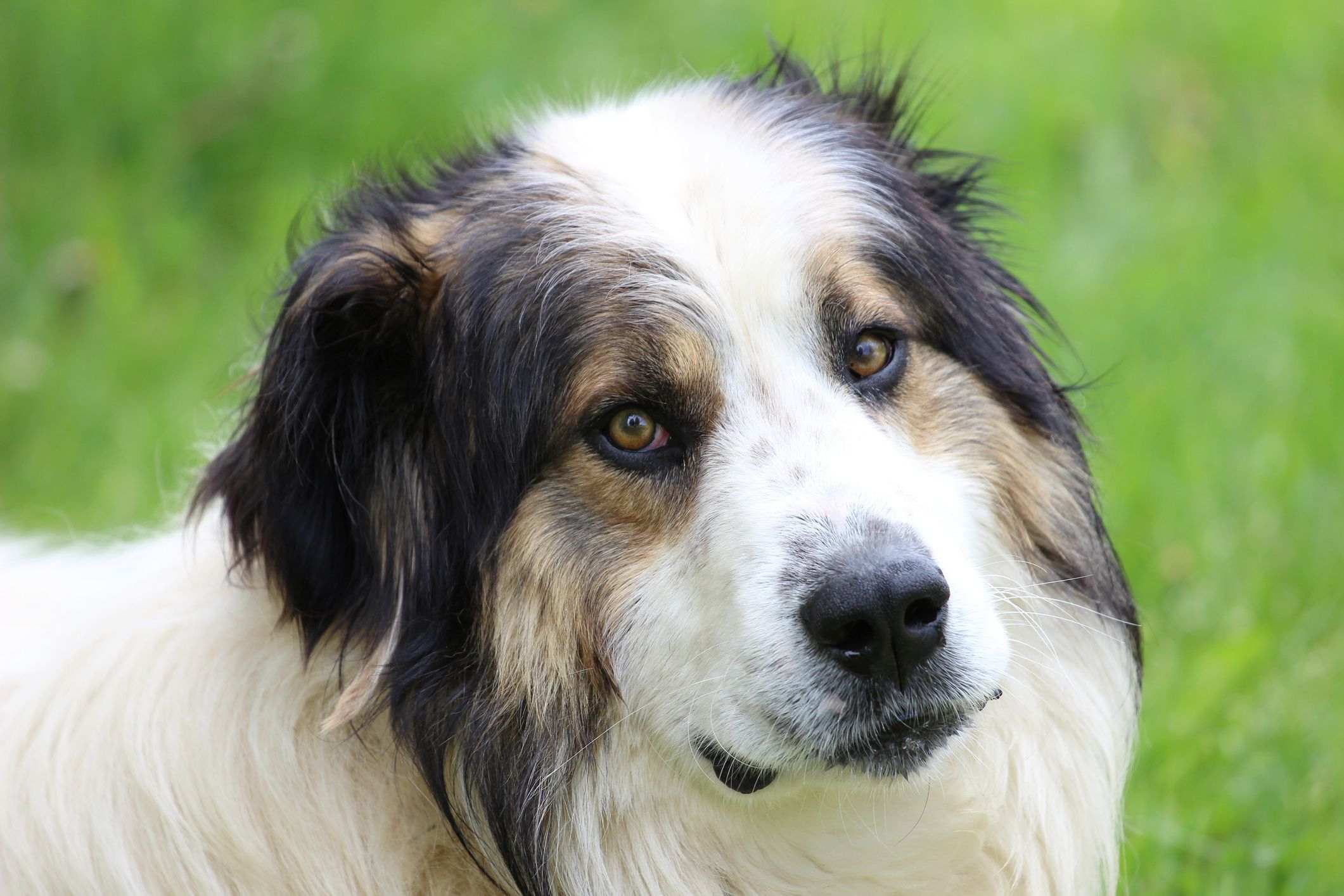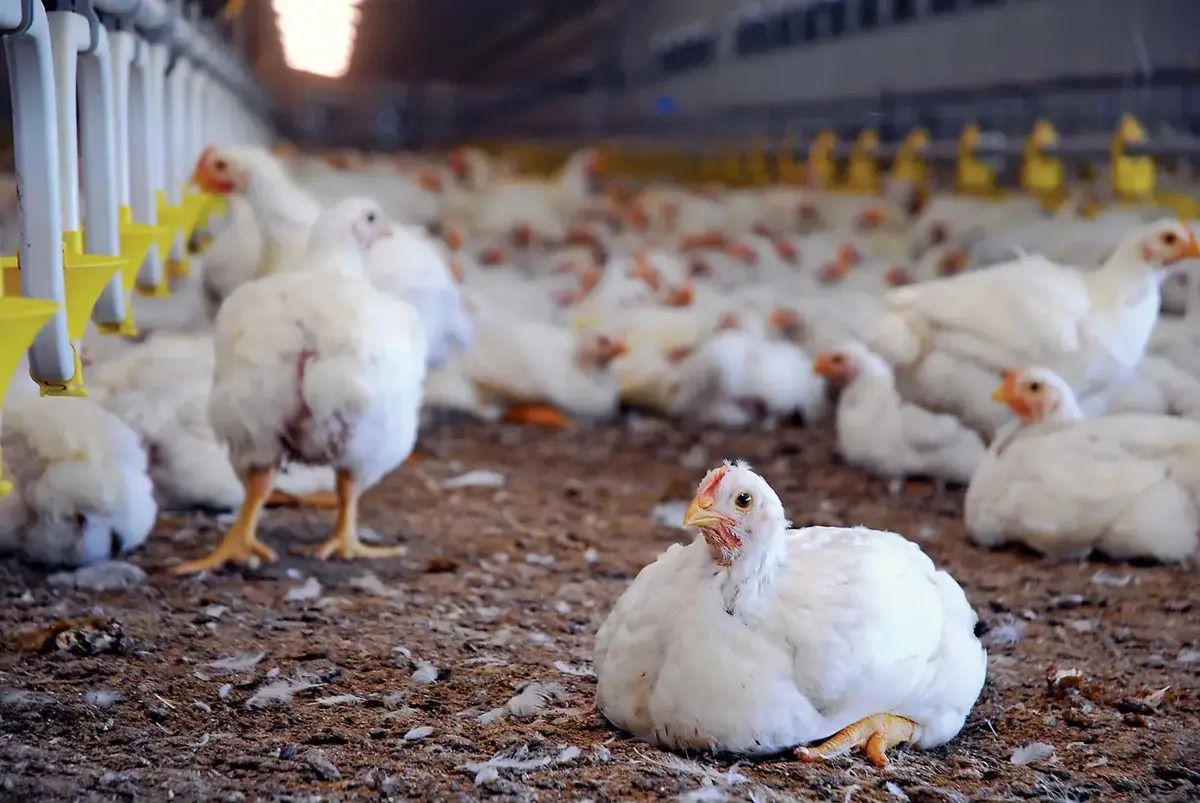
The Tornjak is a fascinating breed of dog that has captured the hearts of many animal lovers. Originating from Bosnia and Herzegovina, this majestic working dog has a rich history and a distinctive appearance. Known for their loyalty, intelligence, and protective nature, Tornjaks have become a popular choice for families, farmers, and even shepherds.
In this article, we will explore 12 captivating facts about Tornjaks that will not only deepen your appreciation for this breed but also give you a better understanding of their unique characteristics. From their ancient origins to their impressive working abilities, these facts will highlight why Tornjaks have become cherished companions and valuable assets in various roles. So, let’s unravel the intriguing world of Tornjaks!
Key Takeaways:
- Tornjaks are loyal, intelligent, and protective dogs native to Bosnia and Herzegovina. They make excellent family pets and are known for their longevity and strong guarding instinct.
- With their thick weather-resistant coat and strong build, Tornjaks are well-suited for their role as livestock guardians. They have a calm demeanor and require regular exercise to stay healthy and happy.
Tornjak dogs are a breed native to Bosnia and Herzegovina.
The Tornjak, also known as the Bosnian-Herzegovinian sheepdog, originates from the mountainous regions of Bosnia and Herzegovina. This breed has been traditionally used as a livestock guardian, protecting herds from predators such as wolves and bears.
Tornjaks have a strong and powerful build.
These dogs are known for their muscular build and impressive strength. With their robust bodies and sturdy frames, Tornjaks are well-suited for their role as guardians of livestock.
They have a thick, weather-resistant coat.
The Tornjak’s double coat provides excellent protection against the harsh elements of their mountainous habitat. Their dense fur helps keep them warm during long winter months and shields them from rain and snow.
Tornjaks are highly intelligent and trainable.
These dogs possess a sharp intellect and are quick learners. They are known for their ability to comprehend and carry out complex commands, making them versatile working dogs.
They are fiercely loyal and devoted to their families.
Tornjaks are renowned for their unwavering loyalty and devotion to their human families. They form strong bonds and are protective of their loved ones, making them excellent family pets.
Tornjaks have a calm and composed demeanor.
Despite their size and strength, Tornjaks are known for their calm and composed nature. They are generally gentle and friendly, but they can display a strong protective instinct when necessary.
They require regular exercise to stay healthy and happy.
Like any active breed, Tornjaks need regular exercise to maintain their physical and mental well-being. Daily walks, playtime, and engaging activities are essential to keep them content.
Tornjaks have a strong guarding instinct.
As natural guardians, Tornjaks are highly protective of their territory and the people under their care. Their strong guarding instinct makes them vigilant and effective at deterring potential threats.
They have a natural affinity for livestock.
Due to their heritage as livestock guardians, Tornjaks have an inherent understanding and affinity for herding animals. They instinctively watch over and protect livestock, making them valuable assets for farmers and shepherds.
Tornjaks are known for their longevity.
This breed has a reputation for exceptional health and longevity. With proper care and nutrition, Tornjaks can live well into their teens, providing many years of companionship.
They have a distinctive bark.
Tornjaks have a deep and authoritative bark that they use to communicate. This characteristic bark is often a deterrent to potential intruders, alerting them to the presence of a vigilant guard dog.
The Tornjak breed is recognized by international kennel clubs.
The Tornjak breed has gained recognition from various international kennel clubs, including the FCI (Fédération Cynologique Internationale). This recognition helps preserve and promote the breed’s unique characteristics and heritage.
These 12 captivating facts about Tornjak dogs showcase their remarkable attributes as loyal companions, hardworking guardians, and beloved family pets. With their rich history and exceptional qualities, Tornjaks continue to make a lasting impression on dog lovers around the world.
Conclusion
In conclusion, Tornjak is truly a remarkable breed of dog that has captivated the hearts of many. From its stunning appearance and impressive size to its loyal and protective nature, there is no denying the appeal of the Tornjak. Whether you are considering adding one to your family or simply have a curiosity about this breed, I hope that these 12 captivating facts have shed some light on the amazing qualities of the Tornjak. With its rich history, intelligence, and versatility, the Tornjak is sure to continue to make its mark in the world of dogs. So, if you’re looking for a loyal and majestic companion, consider welcoming a Tornjak into your home and experience the joy and wonder of this incredible breed.
FAQs
1. What is the origin of the Tornjak breed?
The Tornjak breed originated in the Balkans, particularly in Bosnia and Herzegovina. It has a long history and was initially bred by shepherds to protect livestock from predators.
2. How big do Tornjaks typically get?
Tornjaks are large dogs, with males typically reaching a height of 24 to 27 inches (60 to 70 cm) at the shoulder and weighing between 85 to 110 pounds (38 to 50 kg). Females are slightly smaller, standing at 22 to 25 inches (55 to 65 cm) and weighing between 70 to 95 pounds (32 to 43 kg).
3. Are Tornjaks suitable for families with children?
Yes, Tornjaks can be great family dogs. They are known to be gentle and protective, making them excellent companions for children. However, proper socialization and training are important to ensure a harmonious relationship between the dog and the children.
4. Do Tornjaks require a lot of exercise?
Yes, Tornjaks are an active breed that requires regular exercise to stay mentally and physically fit. They enjoy activities such as long walks, hiking, and playing in a secure, fenced-in area. Providing them with enough exercise will help prevent boredom and behavioral problems.
5. Are Tornjaks easy to train?
Tornjaks are intelligent and eager to please, which can make them fairly easy to train. However, they can also be independent and stubborn at times, so consistent and patient training methods are essential. Early socialization and positive reinforcement techniques are recommended for best results.
6. How is the Tornjak’s temperament?
Tornjaks are known for their calm, confident, and loyal nature. They are attentive and protective, making them excellent watchdogs. While they are generally friendly, they can be reserved with strangers and may display protective instincts. Early socialization is key to ensuring a well-rounded and balanced temperament.
7. Do Tornjaks require a lot of grooming?
Tornjaks have a thick, weather-resistant double coat that requires regular brushing to keep it looking its best. They shed moderately throughout the year and tend to have heavier shedding periods during seasonal changes. Additionally, routine maintenance such as nail trimming and teeth brushing is necessary.
8. Are Tornjaks prone to any health issues?
Tornjaks are generally a healthy breed with no major breed-specific health issues. However, like all dogs, they can be prone to certain conditions such as hip dysplasia, elbow dysplasia, and bloat. Regular veterinary check-ups, a balanced diet, and regular exercise can help maintain their overall health and well-being.
9. Can Tornjaks adapt to apartment living?
Tornjaks are a large and active breed, so they generally thrive in homes with a yard or access to outdoor space. While they can adapt to apartment living with proper exercise and mental stimulation, it is important to ensure they receive enough physical activity to prevent boredom and restlessness.
10. Are Tornjaks good with other pets?
When properly socialized from an early age, Tornjaks can coexist peacefully with other pets. However, their guarding instincts may make them wary of unfamiliar animals, particularly if they perceive them as a threat to their family. Slow and supervised introductions are recommended when introducing Tornjaks to new pets.
11. How long do Tornjaks typically live?
Tornjaks have an average lifespan of 10 to 12 years. Providing them with a balanced diet, regular exercise, and proper veterinary care can help ensure they live a healthy and fulfilling life.
12. Where can I find a reputable Tornjak breeder?
To find a reputable Tornjak breeder, it is important to do thorough research. Look for breeders who prioritize the health and well-being of their dogs, provide proper socialization, and perform health tests on their breeding stock. Attending dog shows and contacting local Tornjak clubs or organizations can also be helpful in connecting with reputable breeders.
Was this page helpful?
Our commitment to delivering trustworthy and engaging content is at the heart of what we do. Each fact on our site is contributed by real users like you, bringing a wealth of diverse insights and information. To ensure the highest standards of accuracy and reliability, our dedicated editors meticulously review each submission. This process guarantees that the facts we share are not only fascinating but also credible. Trust in our commitment to quality and authenticity as you explore and learn with us.


